Sharing Isn’t Caring?
Last summer at our town pool one young mother was frantically running after her two year old boy. He was broad and tall for his age and, to his mother’s mortification, he was wandering round the wading pool helping himself to other children’s toys. No one else seemed perplexed by this perfectly normal behavior, but his mother followed him, spluttering apologies and explanations to anyone who would listen: “I’m so sorry, Oh my god this is so embarrassing…”.
For whatever reason, “sharing” (I use quotation marks because it rarely involves actual sharing, but rather a child being forced to give up what he wants in favor of what someone else wants) has become a hyper focus of our culture. It’s reached the point where parents can feel deep shame or humiliation (emotions usually reserved for nightmares about finding yourself naked at a board meeting) if their three year old kid grabs Thomas the Tank Engine, instead of waiting “nicely”. Can you tell I’ve been there?
The very nature of sharing – its true definition and the expectations that surround it – is misunderstood. It’s become a behavioral box to tick. Or, as one 3 year old’s mom once said to me “We’re doing sharing bootcamp this summer!”.
Obsessed with the idea, we parents struggle with ways to meet this expectation… we force turn-taking with our eye on the clock; we buy two identical toys so that everyone has one. We threaten punishments, “If you can’t share, no one gets it!” and we pull at our children’s (very young) heartstrings, “But it makes Jamie so sad when you don’t share with him”. Anything to just get. them. to. share. damnit.
But when we really drill down into what sharing is, what it isn’t, and what it means to share, we might find ourselves misaligned, misinformed or simply mistaken.
7 Thoughts to Provoke Your Stance on Sharing
and whether or not sharing truly equals caring.
- Sharing Develops Over Time
Expecting two, three and even four year olds to share is actually not in sync with what is developmentally appropriate for their age.When you think about the brain development that needs to take place in order to share, a child needs to: Recognize someone else as a separate individual from them. Understand that someone else’s wants and needs might be different from their own.Be able to answer those wants with actions.
That is a whole lot to ask of someone who’s only been on the planet a few short years. When you look for them, you will find incredible acts of cooperation (peekaboo, waving, smiling) in even very young children and babies. But we’re fixated on sharing being the indicator of “prosocial” behaviors – this is a harsh and unrealistic way to judge a child’s behavior.
- Consider – Is Sharing A Reasonable Request?
Even if children have the capacity to share with some people, some of the time, they may not always want to. And ask yourself, isn’t that fair enough? Children’s toys and food are among the few things they actually have ownership of and control over in the world. Expecting them to automatically give them over to friends, siblings, and sometimes even complete strangers seems unreasonable. Not to mention, a clear double standard seeing as we, as adults, don’t rush to share our shoes, cars, laptops or lipstick with any friend that happens to appear.One way to help kids with the demand that they share their toys is to ask them, pre-play date, which toys they’re not going to want to share today. Together you can store those toys out of sight so that they have some preemptive control. - Ask yourself – What lesson do I want to teach?
When you think about it, the point isn’t really whether or not your child gives up the goods. The lesson you really want to teach here is that being generous and kind makes people feel good, and ultimately makes the world a better place. But when you demand of a child to share, you are missing out on all that.You are simply forcing the outcome, and probably making them defensive and self-pitying along the way. Ever been the recipient of a begrudged kindness? It feels awful. Giving a child the space and autonomy to choose whether, what, and when to share means that when they do it, it will be a true act of giving. - Sometimes the conflict is the point
As adults we tend to see things in very black and white terms. Sharing = good. Arguing = bad. Turn taking = good. Grabbing = bad.That’s why we go out and buy two of the same toy, so everyone can have one. Or we force turn-taking with our egg timer on so that each turn is mathematically accurate and fair.Our tactics fall on deaf ears because we’re missing the real point. In truth, humans are much messier than that, and children are interested in the social connection and exploration… what happens when I grab this toy? How can I engage this other child? He has it, it must be interesting!When we call children “terrible sharers”, “selfish” or “greedy” we are missing the real motive behind their behavior and we are unfairly and unkindly labeling them. - Facilitate problem solving or stay silent
Instead of forcing, my favorite approach is to do nothing. To hold my tongue as I watch the children figure it out. It can be a real lesson in self-restraint.When we swoop in with our statements such as “If you’re fighting over it then no one gets it!” or “You have it for 1 minute, then you have it for 1 minute” or “You’re the big boy so you should give it to him”, we rob our children of the opportunity to problem solve. We might not like the solutions they come up with, but my rule is that if they’re happy, I’m happy.There are incredible lessons here: negotiation, compromise, give and take. When adults get too involved, we muddy the waters with our evaluations and judgments, seeing victims and aggressors where there are only children at play. - Manage social expectations!
Dealing with pressure from other parents is hands-down the hardest aspect of giving the kids space to figure it out on their own. When we are faced with disapproving glares of other parents sometimes the strongest of us is ready to crumble into bribes and threats (I know I am!).What helps in this situation is to see it as an invitation for a theoretical conversation with the other caregiver (“I just read that it works well to let the kids figure it out by themselves for a while. Would you mind if we tried?”). Alternatively, you can “sportscast” the situation with the children – describe what you see without judgment. That way you are “doing something” but you’re not interfering or offering solutions. Get down to their eye level and saying something like: “I can see you really want that toy and Jake has it now. Hmmm.” or “It looks like you’re not ready to share that and Jane really wants a turn. I wonder what we can do?” - Model sharing whenever possible
I truly believe that the things that drive us craziest with our children are actually crystal clear mirrors of the things we’re unhappy with in ourselves.This has resonated for me strongly in Shefali Tsabary’s teachings. We simply cannot (nor should we try to) change our children, but we can, instead, change ourselves! The bonus here is that when you role model a certain behavior, it’s the surest way to promote that behavior in your child.
So if sharing is your thing, look inside your own self and ask:
Am I sharing my time generously enough?
Am I giving enough of myself to my community?
Am I satisfied with how much I’m donating to charity?
Do I give smiles and compliments easily?
Or any other kind of sharing you believe is important. Start there. Your kids will follow. After all, that’s the type of sharing we’re trying to grow them into anyway!
Is sharing something you’ve been frustrated by? What can you do to release the expectation of your child?

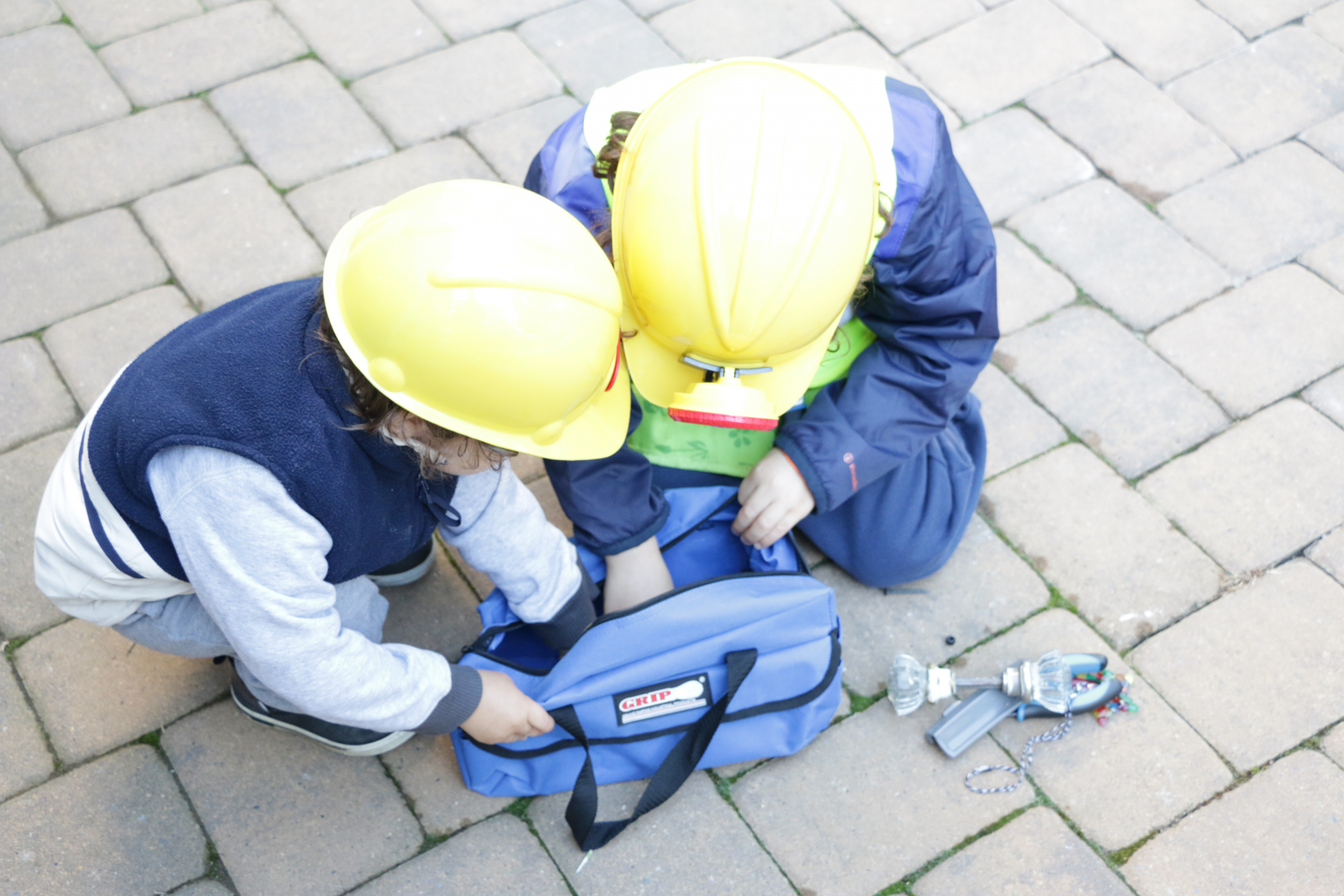


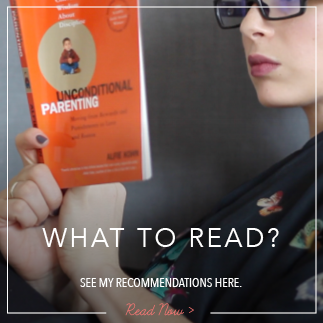



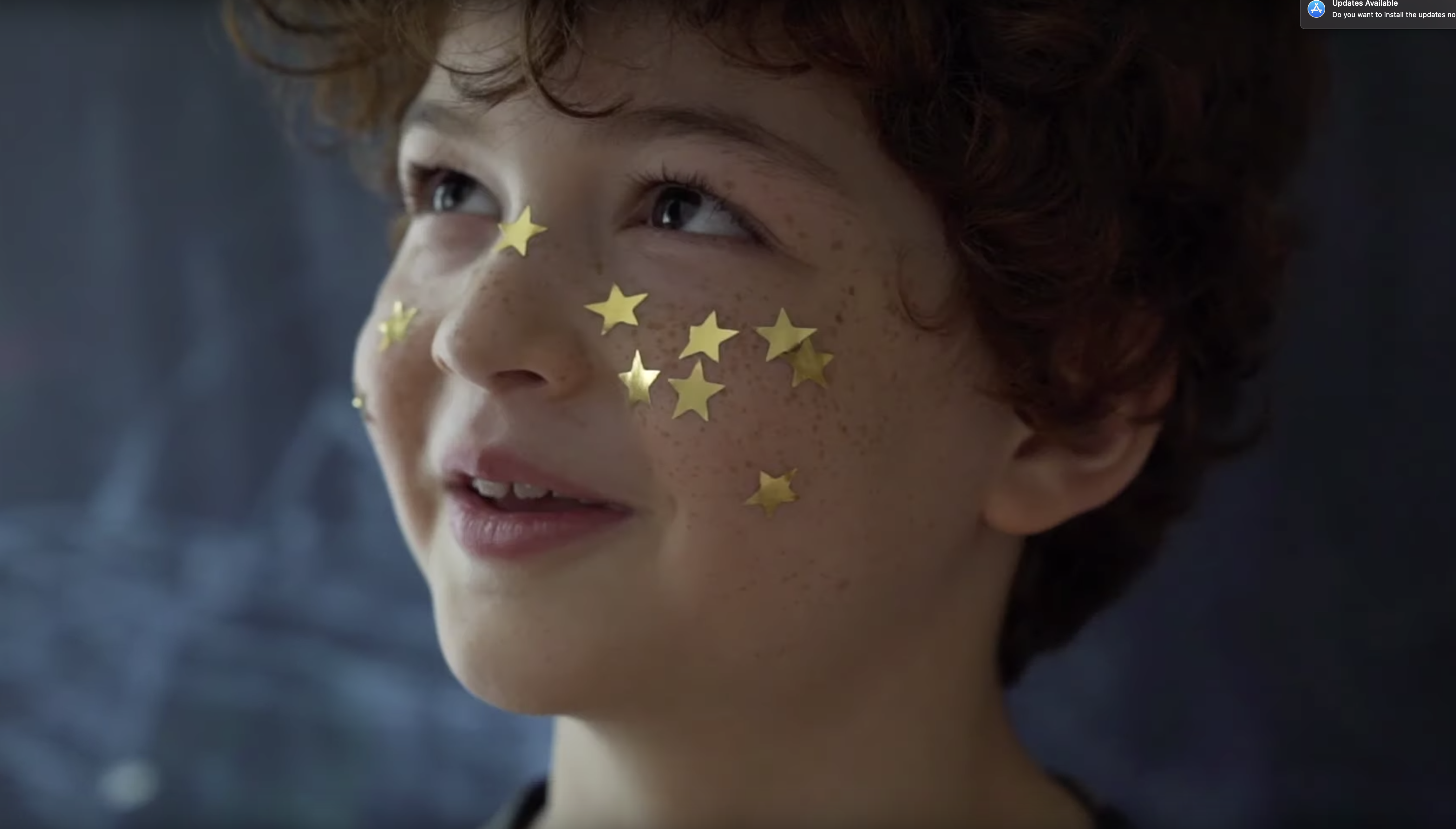
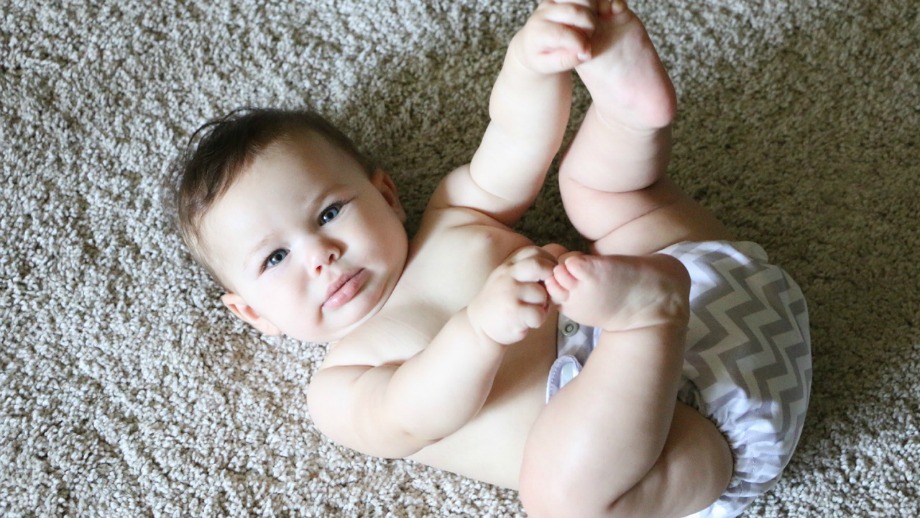
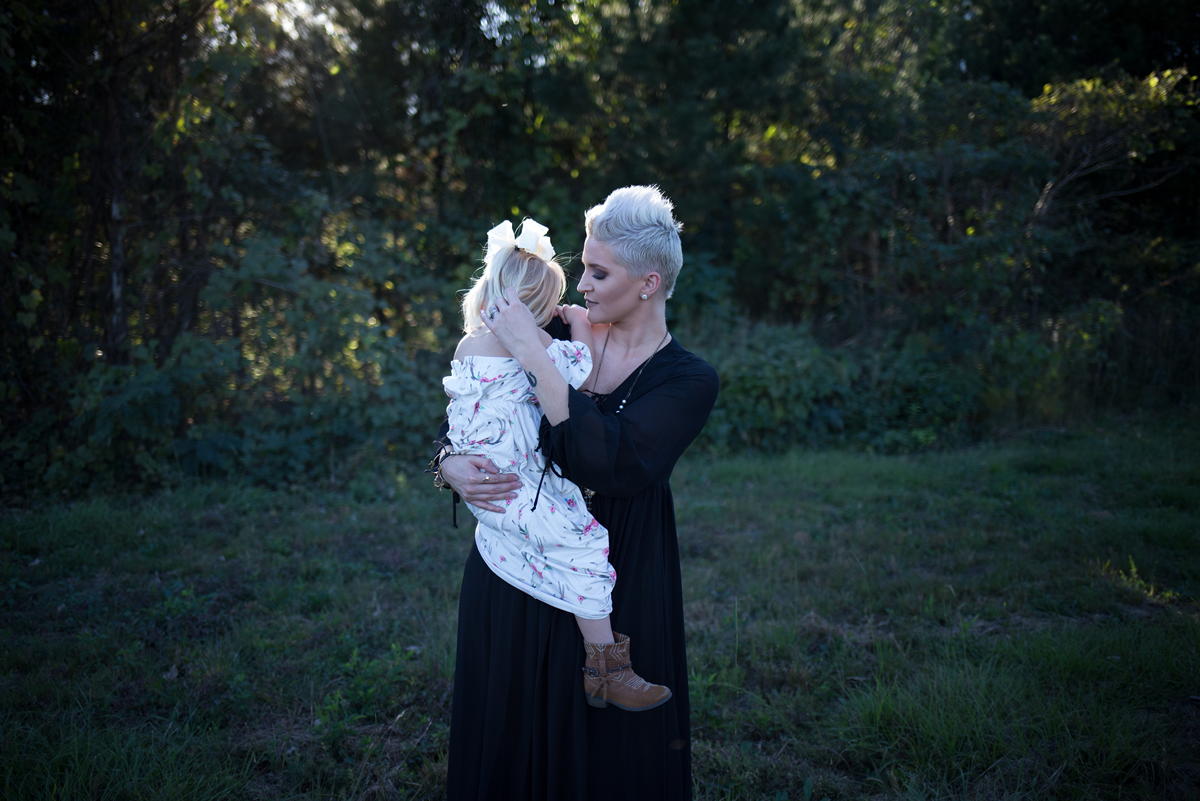


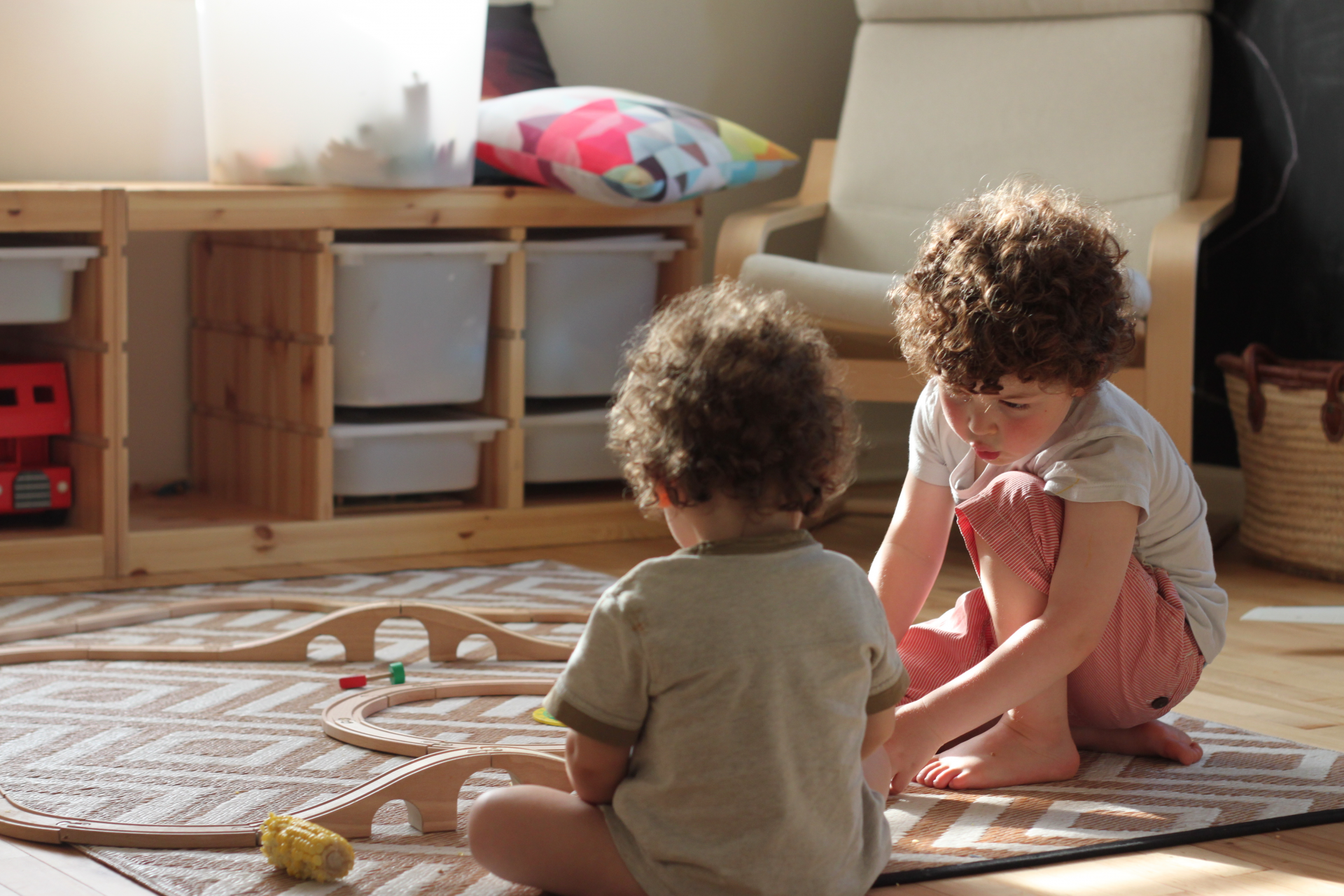

I have a couple of qs..
1. How do you sportscast when the kid that’s upset is 1yr old? My baby always is more interested in her niece’s toys when we go over, because they are new to her. But niece does not share AT ALL. And SIL says nothing, which I understand is the way some parents want to handle this.. and my baby gets very upset.. I try to explain, but she doesn’t understand language just yet. I have many of her toys around, but she wants the new stuff.
2. I’d like my child to grow up to be a young adult and an adult who is more willing to cooperate and play nice with groups (sharing stuff that is meant to be communal) – unlike some kids who do not want to share anything at all.. following the principle you just mentioned, how do I balance this?
BTW, I feel like — we don’t share our purses or lipsticks, yes.. but we do share our couches, dining tables, ..and cars, to give rides to other people. I kinda draw parallels there. So.. is my thinking misplaced? I agree with not forcing to share everything.. but if it is a toy that multiple kids can play with, is it still not a good thing to let your child know that it is ok to let her friends/cousins play with her? And that they won’t take it home with them.. the toy still belongs to her?
I never forced my kids to “share” because in my opinion forcing them to share means taking something they care about from their hands and giving it to another then I’d be pretty much teaching them stealing is ok. So what if another kid wants something mine has.. it belongs to my kid I will not steal it from them and give it to another. This breaks their hearts and teaches them to not trust you or the other child. Now if my child wants to share well that’s up to them. I’ve seen parents who always take from the older child to give to a younger sibling.. Oh boy do those children fight every chance they get. You have an older brother who was once the baby and now he is being forced to give up any and all of his prized possession just because his younger brother whimpers.. so in turn the older brother is learning to hate the younger one and all because there are no boundaries. I tell mine it’s not your toy. They can ask but if told no then the answer is no. Honestly if someone asked to borrow my car and I said no but they took is anyway I would call the cops. It’s stealing plain and simple. Also to the other commenter. So what if your daughter gets upset when she can’t steal another’s toys.. it’s your job to teach her she can’t have everything she wants just because she throws a temper tantrum. One final note.. because I’ve never forced my kids to share and instead showed them how and why we share by example (me sharing with them) I actually have very kind teens who voluntarily share. Also never really had a problem with sibling rivalry and fighting.. (because I never stole their toys and gave them to their sibling right in front of them.. as I watched the tears of heartbreak and devastation slowly roll down their cheeks) they do things together and enjoy each other’s company.